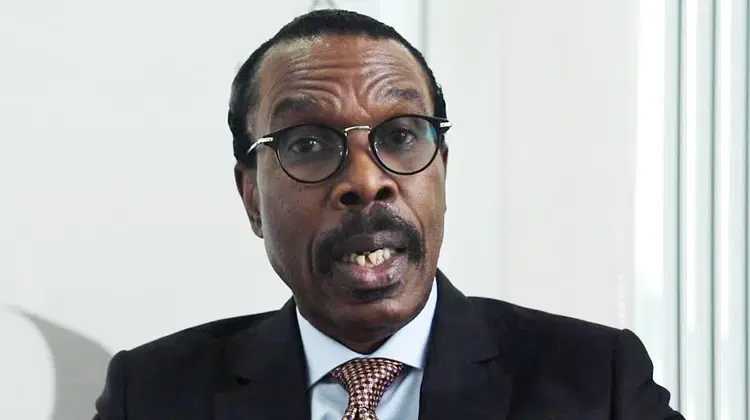Festive season celebrations in Nigeria are overshadowed by surging inflation, with food and non-alcoholic beverage prices rising nearly 40% in 2024, according to National Bureau of Statistics data.
The Consumer Price Index report reveals sharp price increases across key categories, underscoring the financial challenges many Nigerians face.
The CPI data shows that food and non-alcoholic beverage inflation rose steadily throughout 2024, reaching 39.87% in November, up from 32.63% in November 2023—a sharp year-on-year increase of 7.24 percentage points.
Factors such as currency devaluation, higher import costs, and supply chain disruptions fueled this trend.
Inflation in this category exceeded 40% between April and June 2024, peaking at 40.73% in June.
This spike coincided with economic pressures like fuel subsidy removal and rising transportation costs, further driving up food production and distribution expenses.
For Nigerians celebrating Christmas with alcohol, inflation in alcoholic beverages, tobacco, and kola has risen notably, though at a slower pace than food items.
The inflation rate for this category increased from 16.52% in November 2023 to 30.08% in November 2024, marking a year-on-year rise of 13.56 percentage points.
This upward trend persisted throughout the year, with inflation peaking at 30.08% in November, following consistent increases from January’s 17.88%, as producers passed on rising costs to consumers.
Clothing and footwear inflation also saw significant growth, rising from 16.63% in November 2023 to 20.25% in November 2024. While the increase was less sharp than in food and beverages, it reflects broader inflationary pressures on both imported goods and local production.
The second half of 2024 saw steeper increases, with inflation rates of 19.64% in October and 20.25% in November, marking a shift from the more stable rates observed earlier in the year.











